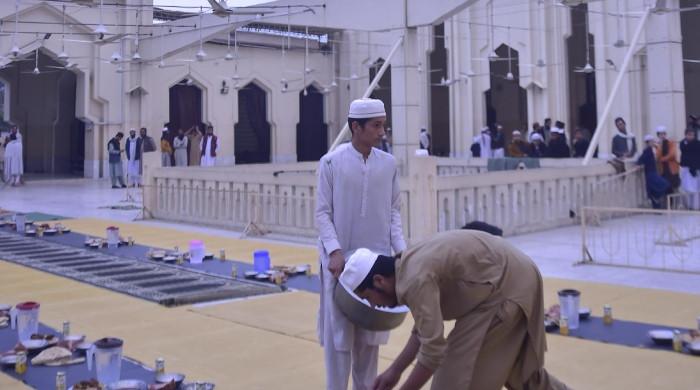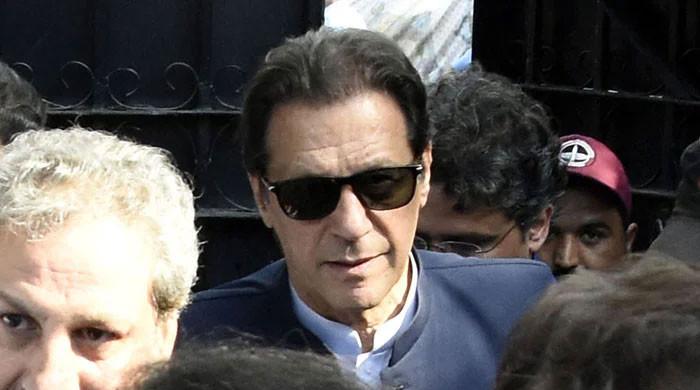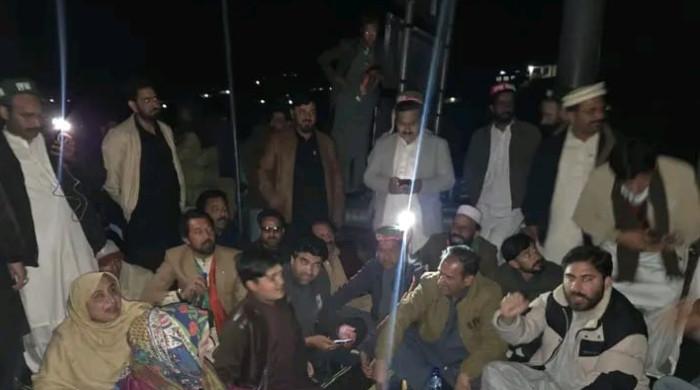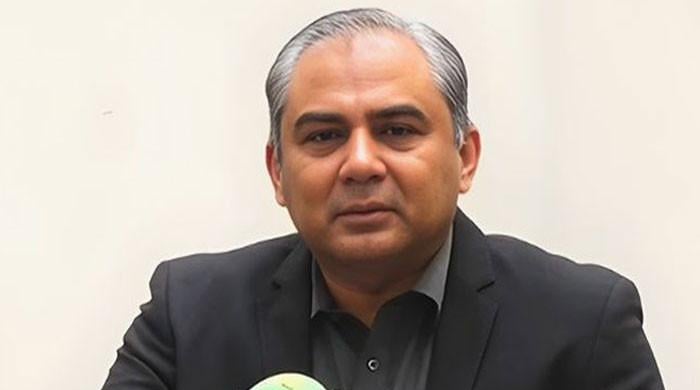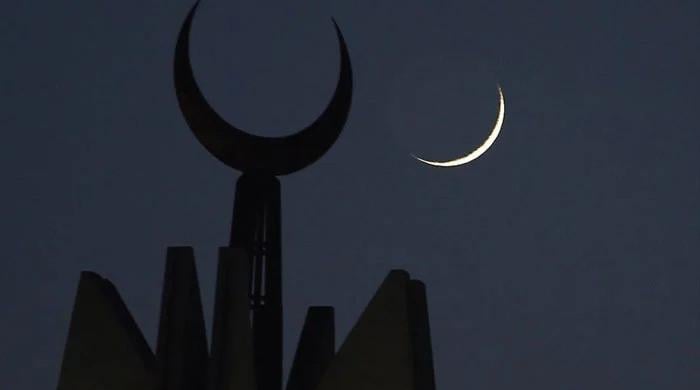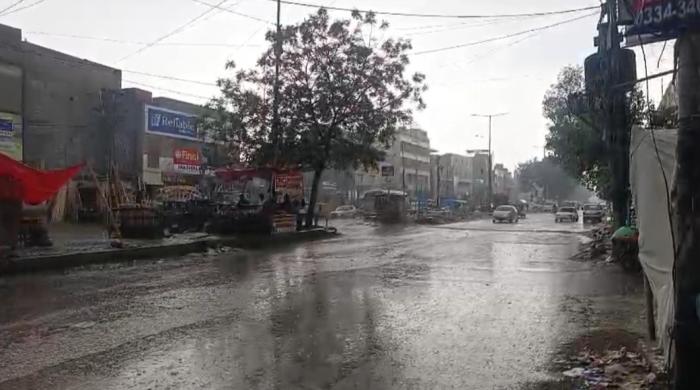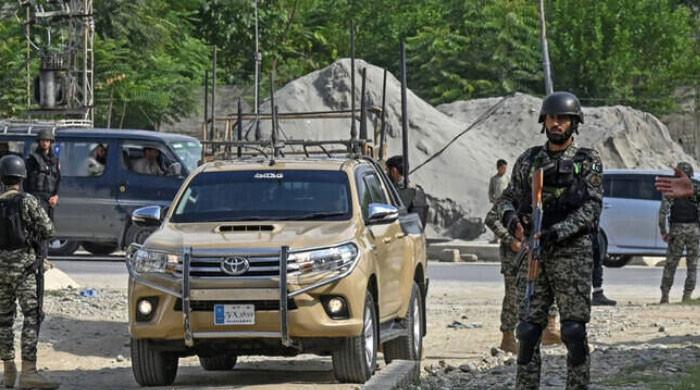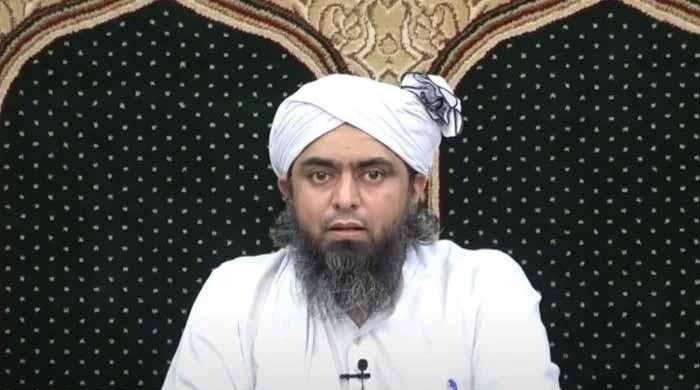May 12: Nine years on, justice awaits
Over 50 people were killed when activists of a political party had stopped the then CJ from exiting the Karachi airport
May 12, 2016
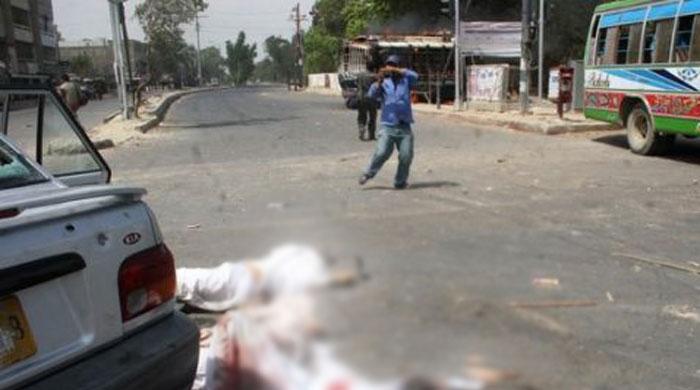
KARACHI: Not a single perpetrator of the brutal violence that brought the city to a standstill nine years ago, on this very day, has been held accountable.
As was the practice, the Sindh Bar Council and other lawyers’ bodies, a ‘black day’ would be observed to demand a judicial inquiry into the incident, arrests of culprits and holding them accountable for their offences. Lawyers would not attend court hearings scheduled for the day while a black flag would be hoisted atop the high court’s building in a bid to protest against the government’s failure to arrest the offenders.
The incident
Over 50 people were killed while scores were injured when activists of a political party had stopped the then deposed chief justice of the apex court, Iftikhar Muhammad Chaudhry, who had just landed in Karachi, from exiting the airport. He was to go to the Sindh High Court to address an event organised as part of a movement initiated to restore the judiciary – suspended by then dictator and president General Pervez Musharraf in March 2007.
The SHC later took a suo moto notice regarding siege of the high court and city court’s buildings by mobs, and also heard identical petitions seeking a probe into the May 12 mayhem.
The cases were initially heard by a seven-member bench of the SHC but due to imposition of an emergency and a provisional constitutional order (PCO), the bench could not conclude the suo moto proceedings.
A new five-member bench of SHC was then constituted which dismissed the proceedings and declined to interfere in the matter.
The bench had observed that the petition seeking an open ended inquiry into the incident would not be permissible as per the Constitution, and that the court should not interfere in the case, but could only hope that all stakeholders would in future discharge their respective duties with due care and responsibility, keeping the interest of the country above everything else.
Furthermore, the bench observed that a few people may not agree with the bench’ decision and they had every right to register their grievances provided that the interest of the country was kept in consideration. The court had noted that, ‘the atmosphere on May 12 was highly charged and despite barriers having been placed, mobs managed to come between a cross fire which resulted in injuries and causalities.’
The order further read, “The court under article 199 cannot assume the role of an investigator except issue directions to expedite investigations and proceed in accordance with law.”
Around 80 FIRs were registered in the aftermath of the violence.
—Originally published in The News




